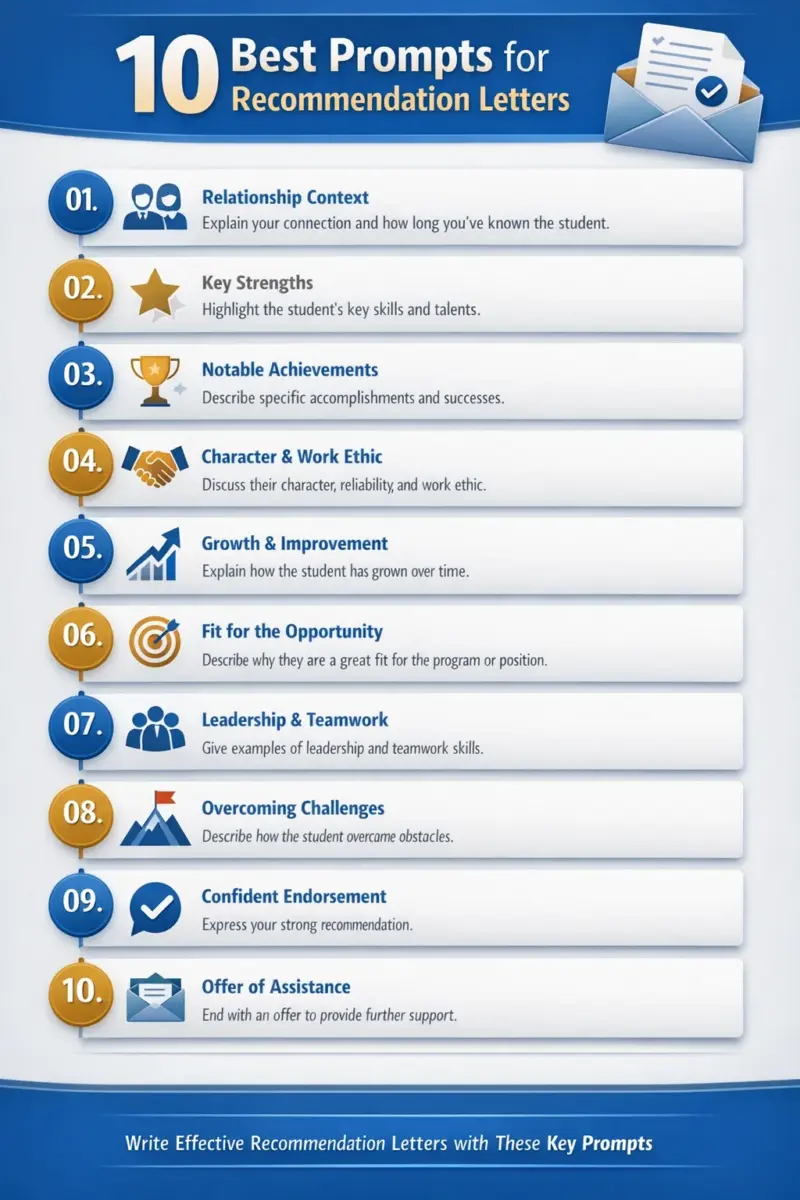
1. Positive attitude:
Have an ‘I can do it’ attitude towards the subject. No subject is difficult unless given proper time and concentration towards understanding the topics. IB Biology is a challenging subject and if you have the right attitude you can score high in this one.
2. Never try to escape from classroom studies:
Though attending each and every class might sound boring and outdated to some of us. But mind you, the most important part of your learning comes from that time which you spend in classrooms. Discussions, practicals, and labs are the very crucial part that complete your skill sets to get well-prepared before sitting an exam.
3. Break down your syllabus:
Don’t try to learn everything at once or in a single go. Nothing could be learned without spending enough time. Give time to your subject. Divide your syllabus wisely. Write down essential terms and vocabulary while reading. Don’t hesitate to ask your teacher, they will guide you best.
4. Always draw diagrams:
Just like numerical questions, diagrams also need practice. You need to draw these diagrams on your own. Going through or running your eyes won’t help much. There are possibilities that you will forget what you saw, but you definitely won’t forget what you practiced.
5. Approach:
This is a crucial part of learning. Many times people spend hours learning but are not able to grasp a single concept. This is due to, the wrong approach adopted while studying. Always move from more general to very specific topics.
This will clear your key concepts and will help you learn more. If you start with say, functions of the endoplasmic reticulum but don’t know what is the concept of Mitochondria or Golgi apparatus, you will certainly face difficulty in understanding the topic.
6. Use tools to remember:
Memory is the most important function of the human brain. A human mind can store infinite knowledge if deployed systematically. Biology requires, learning a variety of terminologies and concepts. Use certain association tools and techniques to remember the concept.
Word associations are the most common and reliable method. Try to associate the first letter of the term with the most used word of the same first letter and then form a sentence. For example, to learn taxonomy position, you can use Kyle and Peter Came Over From Georgia State.
7. Try to read textbooks:
Although you can always learn from online resources provided on YouTube or on Browser. But one can never beat, the traditional way of reading textbooks. Don’t escape from reading textbooks, this will keep you more concentrated on your goals.
8. Make brief notes:
Always try to prepare your own notes. Write down important points and terms. Never miss out on important points highlighted by your teacher. At the end of every topic, prepare a summarization. This will also help you while revising or revisiting those topics.
9. Manage your time wisely:
Do not give your whole time on one topic. Prepare a timetable or study plan to distribute your time effectively. Plan out things beforehand. This will help you to distribute your limited time in a manner so that you won’t miss out on anything important.
10. Do not forget to enjoy:
Studying is a crucial part of your growing and learning. But while growing you cannot miss out on other activities which will help you develop in a wholesome way. Play outdoor games, get involved in school activities, watch television, certainly limit, chat with your friends and relatives, give yourself time, learn new things, be creative, and give time to your hobbies.


